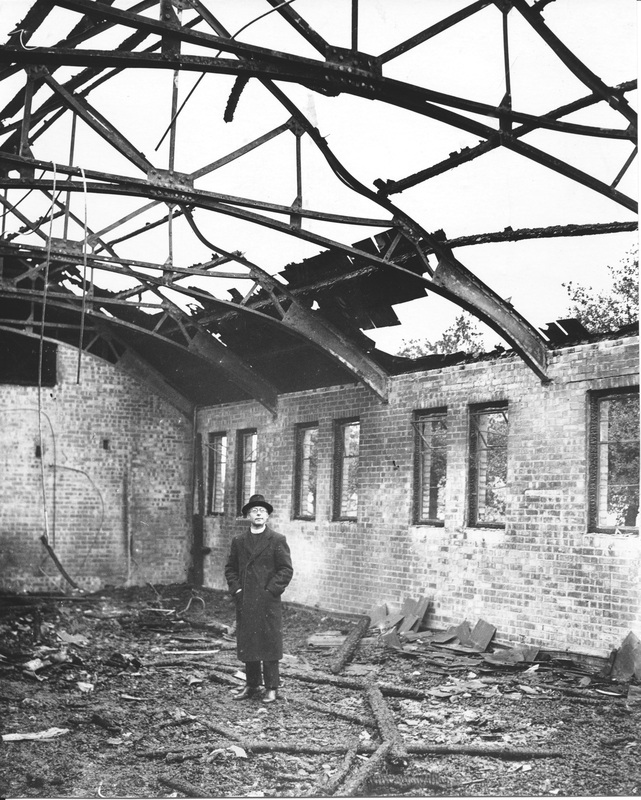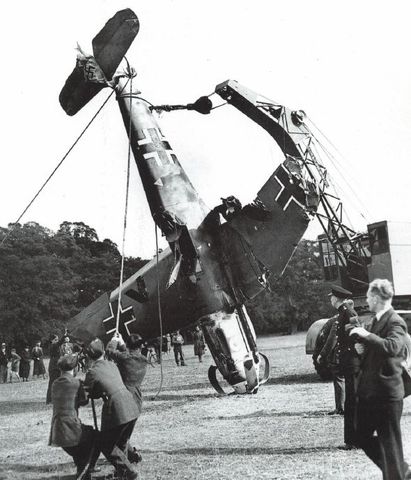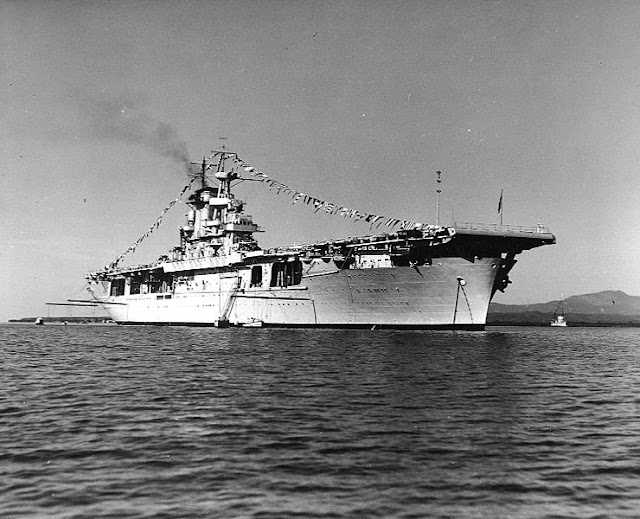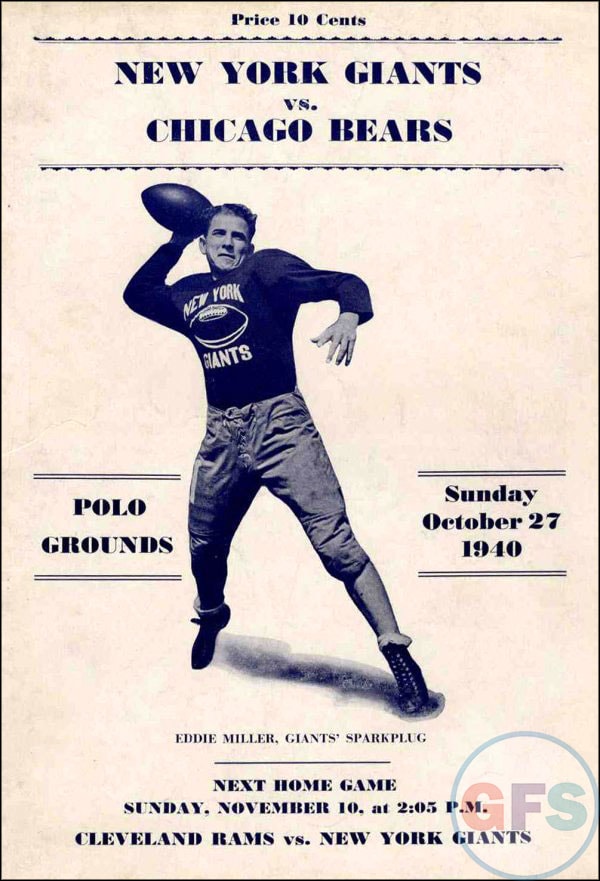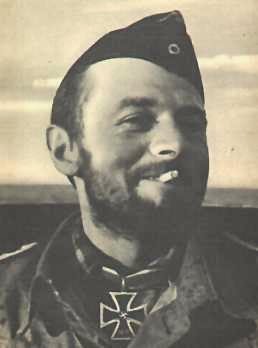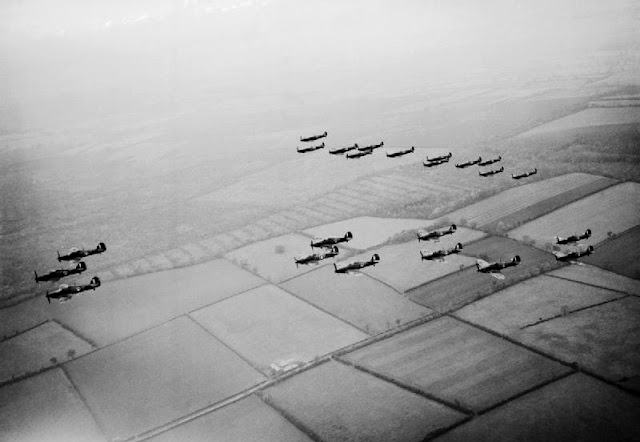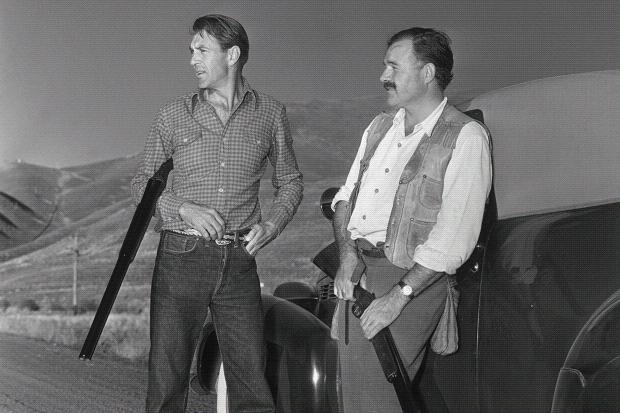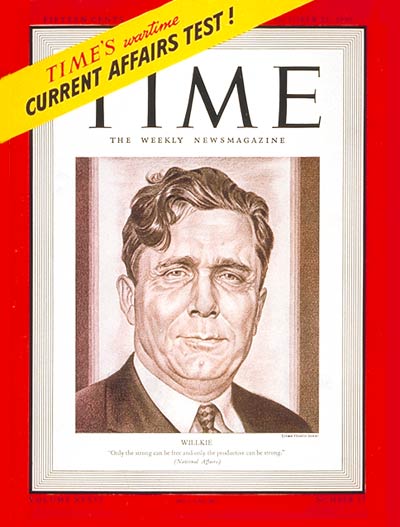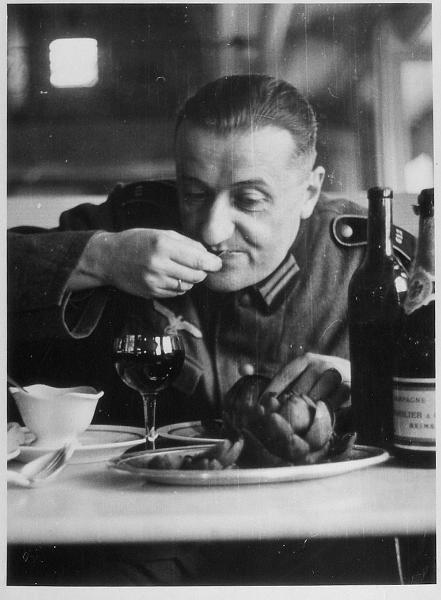Tuesday 29 October 1940
Along the coastal sector, the main Greek 8th Infantry Division force on the coast breaks contact and retires in good order to the Kalpaki line. This area has swamps at the mouth of the Kalamas River directly in front of Kalpaki which would retard any attack. Two Greek battalions under Major-General Nikolaos Lioumbas hold this area. Further inland, nine Greek battalions hold the Kalpaki pass. This line looks sturdy due to its natural advantages despite the presence of Italian warships offshore that can bombard the Greeks.
In the central sector, the Julia Division is moving forward in the critical Pindus Mountains sector of the front. Their goal is the crossroads of Metsovo, which would cut Greek lines of communications to their forces further north. The Greeks of the scratch Pindus Detachment (soon to be supplemented by the 1st Infantry Division) are retiring in good order to Samarina. It begins to snow in this area, which helps the defense.
The northern Macedonian sector is fairly static, with minimal Italian gains. Advances in this sector depend upon the Italian forces further south taking Metsovo, through which Greek supplies and reinforcements pass.
A planned Italian landing on Corfu is scrubbed due to poor weather.
 |
| A Paris shopgirl displays her wares for appreciative Wehrmacht boys, October 1940. |
In hindsight, it is fairly obvious that the Italian Army had absolutely no hope of reaching Alexandria by itself, much less capturing it. However, the Italians are full of themselves at this point and truly believe they are world-conquerors.
Italian Commander in Chief Marshal Badoglio - adamantly opposed to German involvement in North Africa - today convinces Mussolini that the "third stage" of the offensive, taking Alexandria, is completely impossible with or without German assistance. He convinces Mussolini to cancel any plans for an Italian advance beyond Mersa Matruh (which itself would be extremely difficult for the Italians to take). This eliminates any excuse for the Germans to intrude troops into North Africa. It cripples the "peripheral strategy" favored by many of Hitler's Generals and Admirals - at least for the time being. Armchair historians who wonder why the Germans didn't just boot the British out of Egypt and Gibraltar early on when it would have been feasible - here is your reason.
This is an eminently sensible conclusion for the Italians to draw from the situation. Italian troops have miserable morale and terrible equipment and supplies. The important thing to note, though, is that the Italians don't make this decision at this time because of the British defenses or anything to do with the state of the Italian military - but because of their desire to keep the Germans out of North Africa.
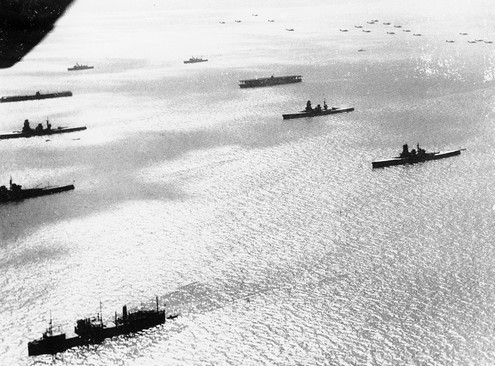 |
| Japan's home fleet on October 29, 1940, off the coast of Yokohama, Japan. |
German fighter-bombers (Jabos) cross the coast around 10:30, with many evading interception and bombing central London. The Charing Cross bridge is hit. A Hurricane of RAF No. 213 Squadron bales out near Selsey but perishes.
Some Dornier Do 17s mount a rare daylight raid just past noontime. They are intercepted by RAF No. 1 Squadron and don't accomplish much.
The largest operations of the day begin at 13:00 when 100+ Jabos and accompanying fighters head for central London and nearby airfields (Biggin Hill, Hornchurch, Maidstone). JG 51 runs into the main force of RAF fighters and is attacked from above, losing 8 fighters. The Jabos drop their bombs and scramble for home quickly.
Around the same time, a large formation approaches Portsmouth from the south. This includes a dozen Junkers Ju 88s, and they run into RAF Nos. 145 and 213 Squadrons. The Luftwaffe bombs cause 39 casualties, with three deaths, along with dozens of houses destroyed and damage to the railway line.
As these other raids are in progress, the Italian CAI force sends over 15 BR 20 bombers with 39 CR 42 and 34 G.50bis escorts to bomb Ramsgate. They stray off course and bomb the Royal Marines Barracks at Deal, killing 8 men and wounding a dozen others.
The Jabos have great success later in the afternoon, and they are accompanied again by Junkers Ju 88 bombers. These raids proceed against airfields across East Anglia. This is Operation Opernhall (Opera Hall). There are 71 Ju 88s and 52 Jabos escorted by well over 120 Bf 109s and Bf 110s. North Weald, Leeming, Linton, Wattisham, Honington, Leeming, Newmarket, West Raynham, and Linton-on-Ouse and other airfields take damage.
The fighting is wild and wooly all afternoon. There are Luftwaffe planes going every which way, including a diversionary attack on the London docks by Epr210. There were planes falling out of the sky in all directions, most of them German.
After dark, the main targets are London, Birmingham, Liverpool, and Coventry. The raids are spread out all across southern England. One bomber raids Bristol, another causes a fire at the Wrays Optical Works which destroys the factory. Junkers Ju 88s act as dive bombers (all Luftwaffe bombers are required to have some dive-bombing capability), attacking airfields in East Anglia, Lincolnshire, and Yorkshire.
The Luftwaffe drops mines in the Thames Estuary. These include new acoustic mines, which explode due to noise caused by ship propellers. One of the mines is recovered by two Royal Naval Volunteer Reserve officers in the River Ogmore for study.
Overall, as with most days when the Luftwaffe mounts a major effort, it is a bad day for the Germans. They lose over two dozen planes (22 Bf 109s, 3 Bf 110s and 2 Do 17s), and the RAF fewer than a dozen planes.
Werner Mölders claimed his 54th victory, keeping his lead over second-place Adolf Galland. Major Helmut Wick of JG 2 files two claims for Hurricanes over Portsmouth, giving him 44 victories.
 |
| Check out Tommy Dorsey and Frank at the Palladium tonight. |
Battle of the Atlantic: British 1500 ton sludge barge G.W. Humphreys hits a mine and sinks Thames Estuary north of Leysdown-on-Sea, Kent. Seven crewmen perish.
U-31 (Kptl. Wilfried Prellberg) torpedoes and sinks 5389-ton British freighter Matina. The Matina is a drifting derelict that was attacked by U-28 on 26 October. This will be U-31's final success.
U-29 (Kapitänleutnant Otto Schuhart) rendezvouses with German raider Widder in the Bay of Biscay. Widder is operating at a reduced power of 5 knots due to engine difficulties and is slowly returning to base.
Norwegian 3015 ton freighter Jamaica hits a mine and is damaged.
Dutch submarine O-24 attacks a freighter off Norway but misses.
German E-boats Iltis and Jaguar lay minefield Alfred off Dover.
Convoy OB 236 departs from Liverpool, Convoy FN 322 departs from Southend, Convoy FS 322 departs from Methil, Convoy SC 10 departs St. John, Convoy OG 45 departs from Liverpool/Milford Haven/Glasgow, Convoy BM 3 departs from Bombay.
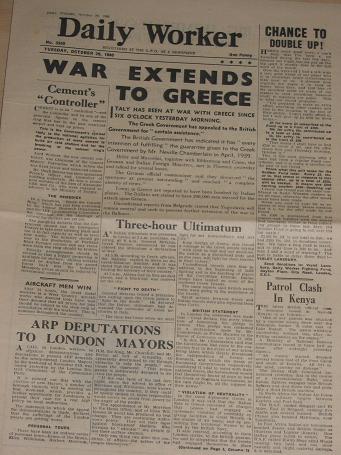 |
| Daily Worker, 29 October 1940. |
[I]n the event of any action being taken which clearly threatened the independence of Greece, His Majesty's Government would feel themselves bound at once to lend all the support in their power.England already has offered its assistance, so this request is a mere formality.
Operation BN: Pursuant to their mutual defense obligations to the Greeks, the British land troops on Greece. It is a reconnaissance party drawn from members of the Royal Navy, RAF, and the army. The men arrive at Suda Bay in a flying boat. The Royal Navy Mediterranean Fleet based at Alexandria, led by battleships HMS Warspite, Valiant, Malaya, and Ramillies along with aircraft carriers HMS Eagle and Illustrious sorties to the west of Crete to cover landing operations there. A convoy of troopships also depart for Suda Bay. Operation BN is planned to continue for the next week and land a large body of British troops. The initial force of battleships also carries an extempore initial landing force of 158 sailors from the crew of damaged HMS Liverpool to form a shore party at Suda Bay.
Italian submarine Scirè parks off Gibraltar and releases its three manned torpedoes. All three submersibles, however, experience technical difficulties and the mission is scrubbed.
Italian submarine Atropo lays mines off Zante in the Aegean.
RAF bombers raid Italian positions in North Africa.
At Malta, the Malta Fighter Plane Fund is closed to contributions today, being announced a great success. A total of £12900 has been raised over three months, which is to be sent to the Minister for Aircraft Production, Lord Beaverbrook, in London.
Battle of the Pacific: German raider Pinguin and converted minelayer Passat continue laying mines off southeast Australia. The Passat lays 30 mines in the Banks Straits.
Italian Military: The government begins full mobilization of the Italian Blackshirt units.
 |
| Actress Carole Landis learns her future from phrenology, 29 October 1940. |
China: At the continuing Battle of South Kwangsi, the Japanese withdraw from Nanning as the Chinese advance. The Chinese capture Kaofengyi, Santang, and Chientaohsu.
American Homefront: The first draft number is drawn pursuant to the Selective Training and Service Act of 1940 lottery by Secretary of War Henry Stimson. He uses a blindfold to fish a number out of a fishbowl. This is the beginning of the first peacetime draft in US history. Chinese laundryman Yuen Chong Chan is the first choice and announces that he is eager to fight Japan.
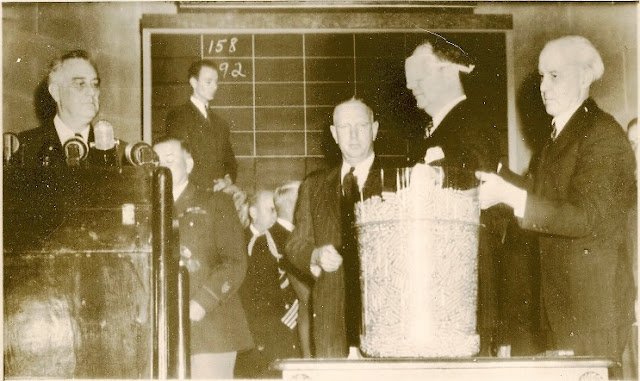 |
| October 29, 1940, U.S. Attorney General Robert Jackson draws the third draft lottery number, watched by President Roosevelt. You can see the first two numbers drawn on the board. |
October 2, 1940: Hitler's Polish Plans
October 3, 1940: British Cabinet Shakeup
October 4, 1940: Brenner Pass Meeting
October 5, 1940: Mussolini Alters Strategy
October 6, 1940: Iron Guard Marches
October 7, 1940: McCollum Memo
October 8, 1940: Germans in Romania
October 9, 1940: John Lennon Arrives
October 10, 1940: Führer-Sofortprogramm
October 11, 1940: E-Boats Attack!
October 12, 1940: Sealion Cancelled
October 13, 1940: New World Order
October 14, 1940: Balham Tragedy
October 15, 1940: Mussolini Targets Greece
October 16, 1940: Japanese Seek Oil
October 17, 1940: RAF Shakeup
October 18, 1940: Convoy SC-7 Catastrophe
October 19, 1940: Convoy HX-79 Catastrophe
October 20, 1940: Convoy OB-229 Disaster
October 21, 1940: This Evil Man Hitler
October 22, 1940: Aktion Wagner-Burckel
October 23, 1940: Hitler at Hendaye
October 24, 1940: Hitler and Petain
October 25, 1940: Petain Woos Churchill
October 26, 1940: Empress of Britain Attack
October 27, 1940: Greece Rejects Italian Demands
October 28, 1940: Oxi Day
October 29, 1940: US Draft Begins
October 30, 1940: RAF Area Bombing Authorized
October 31, 1940: End of Battle of Britain
2020
